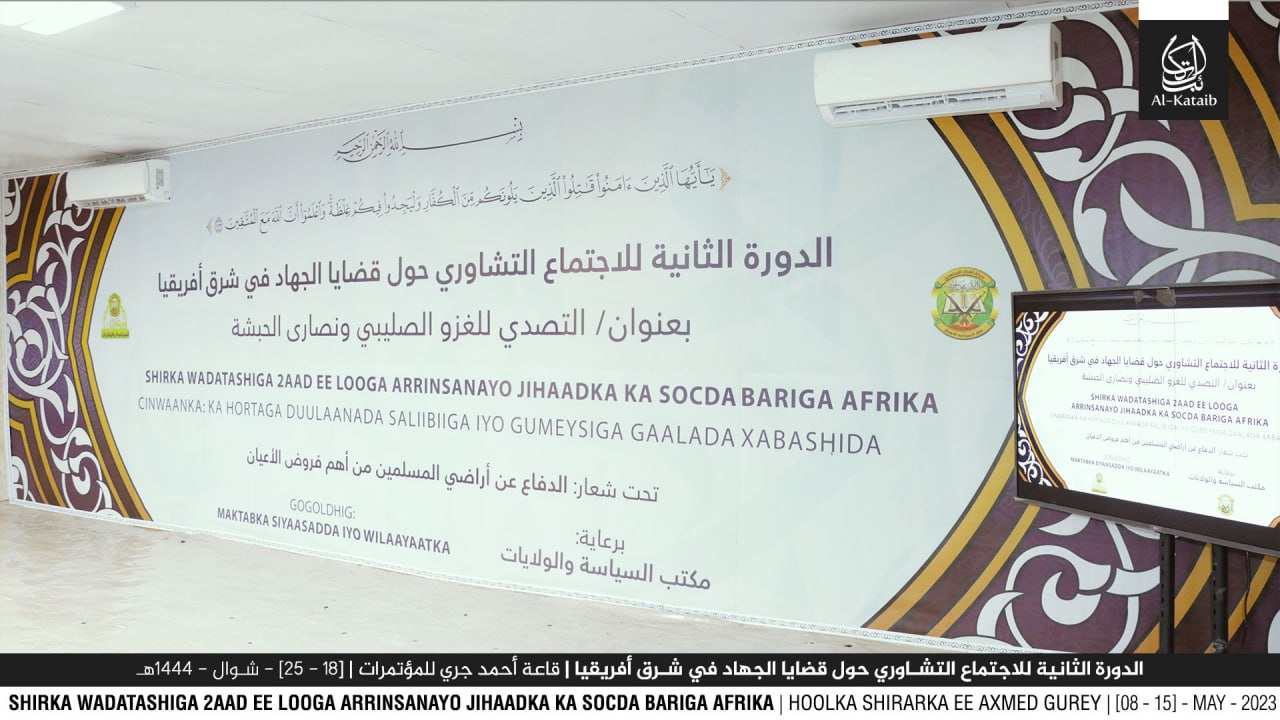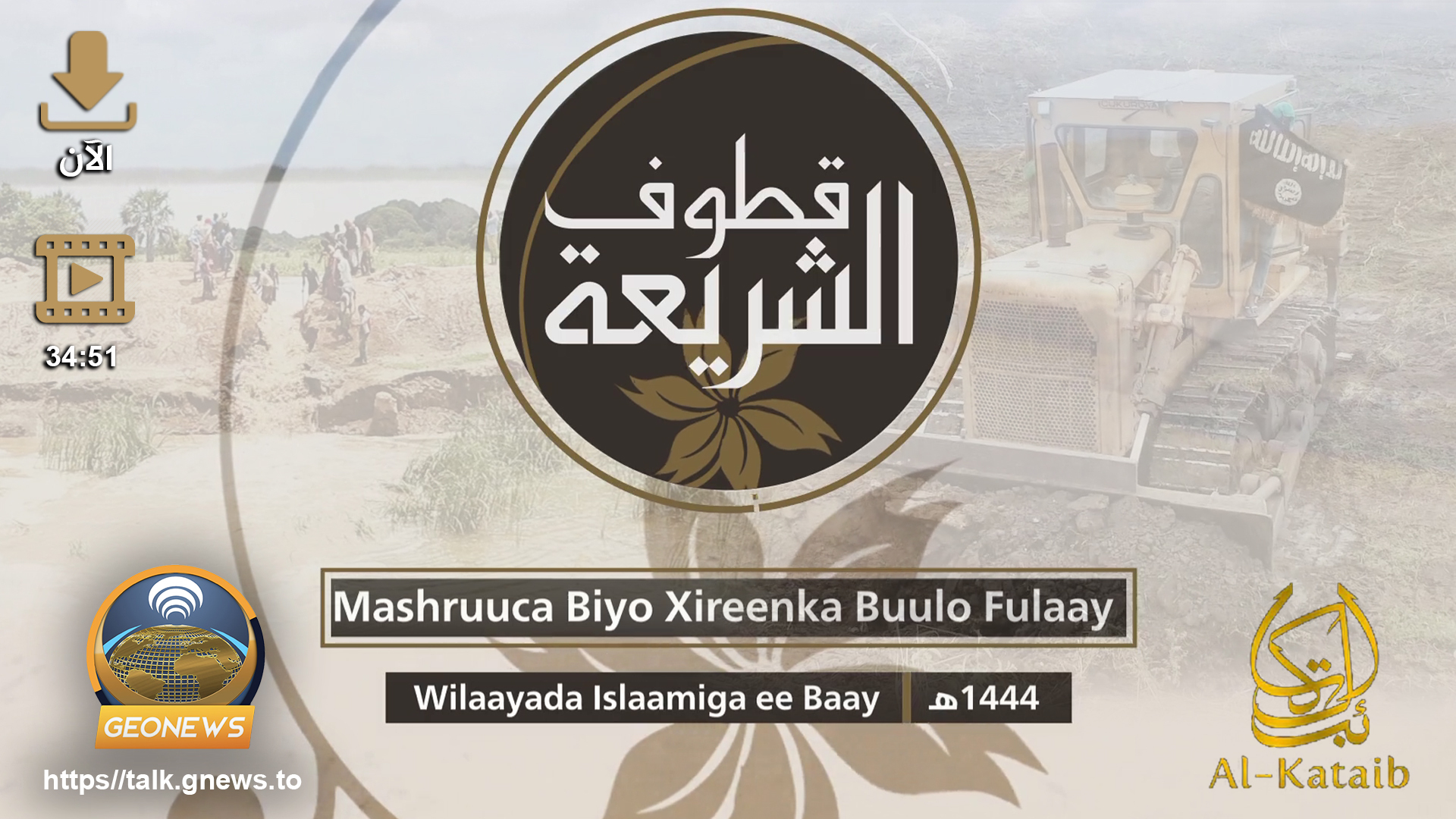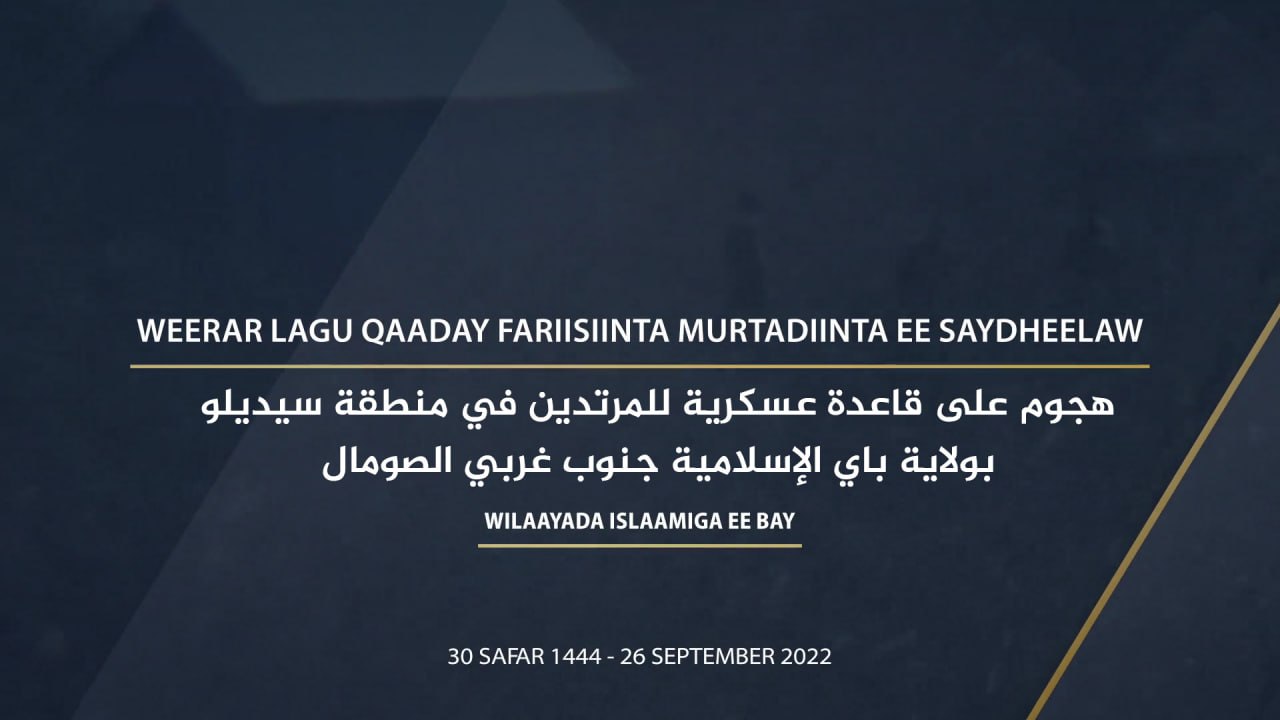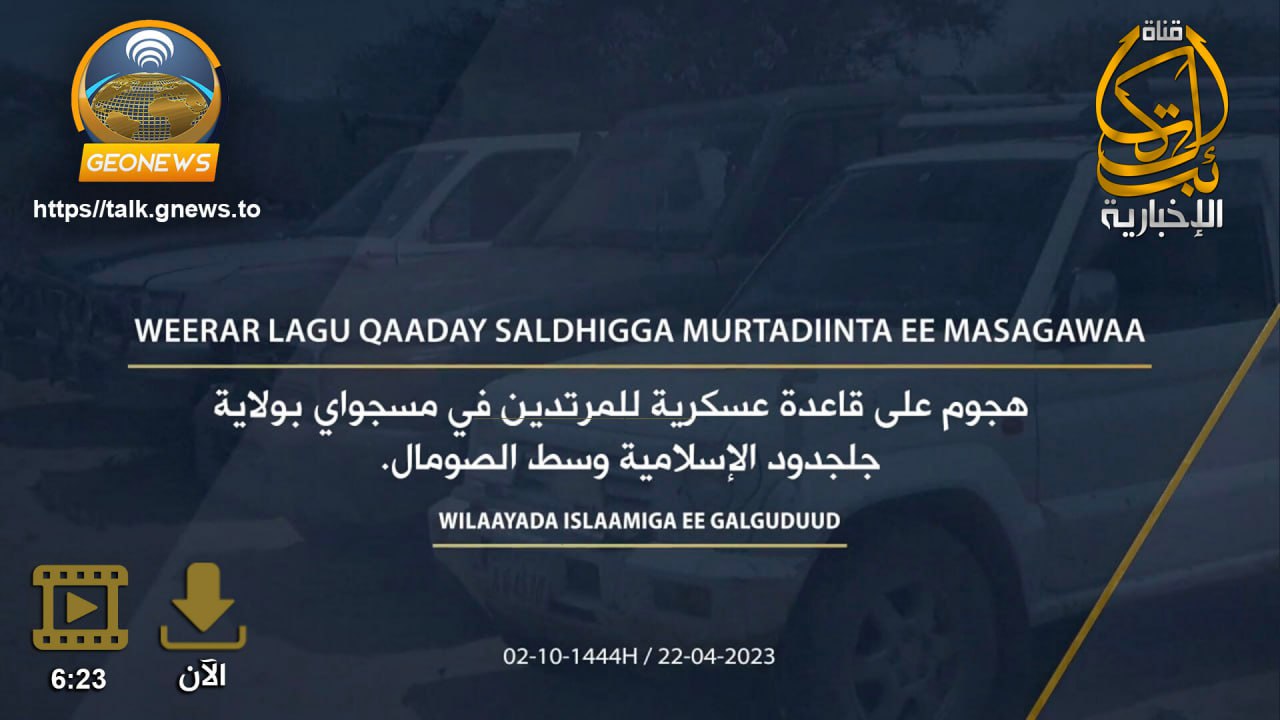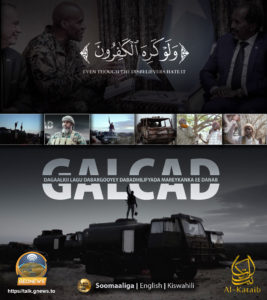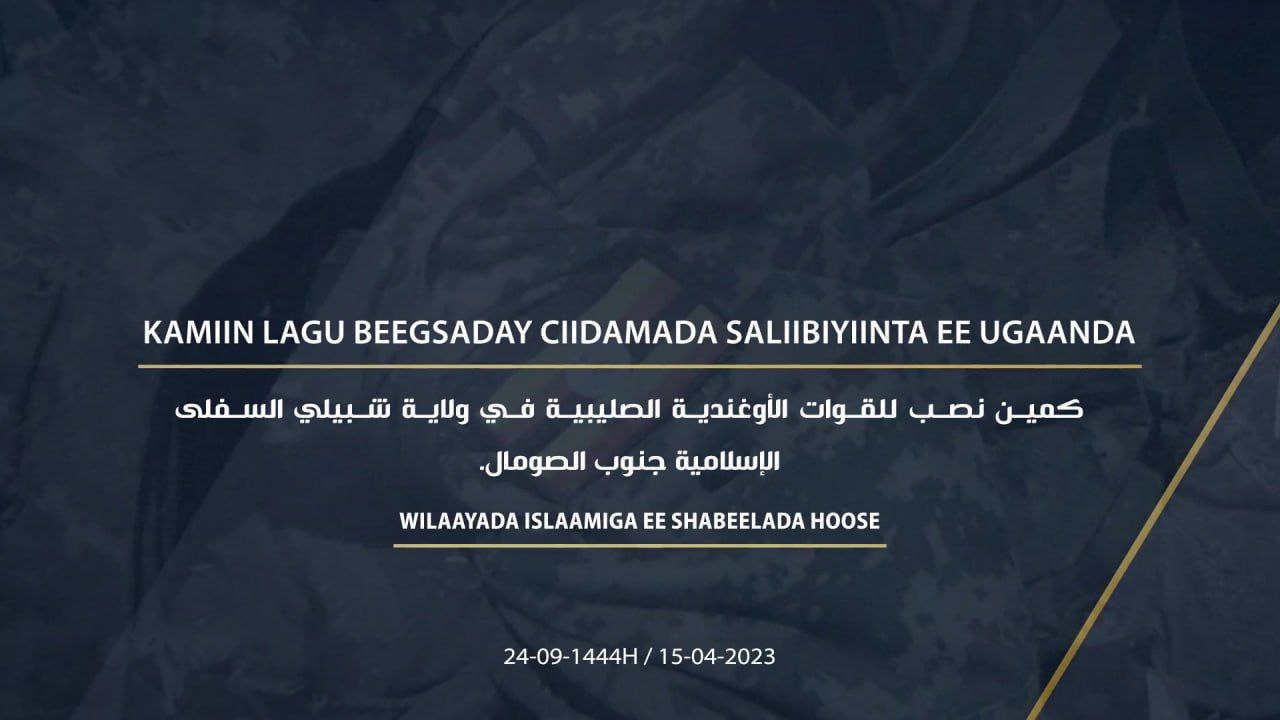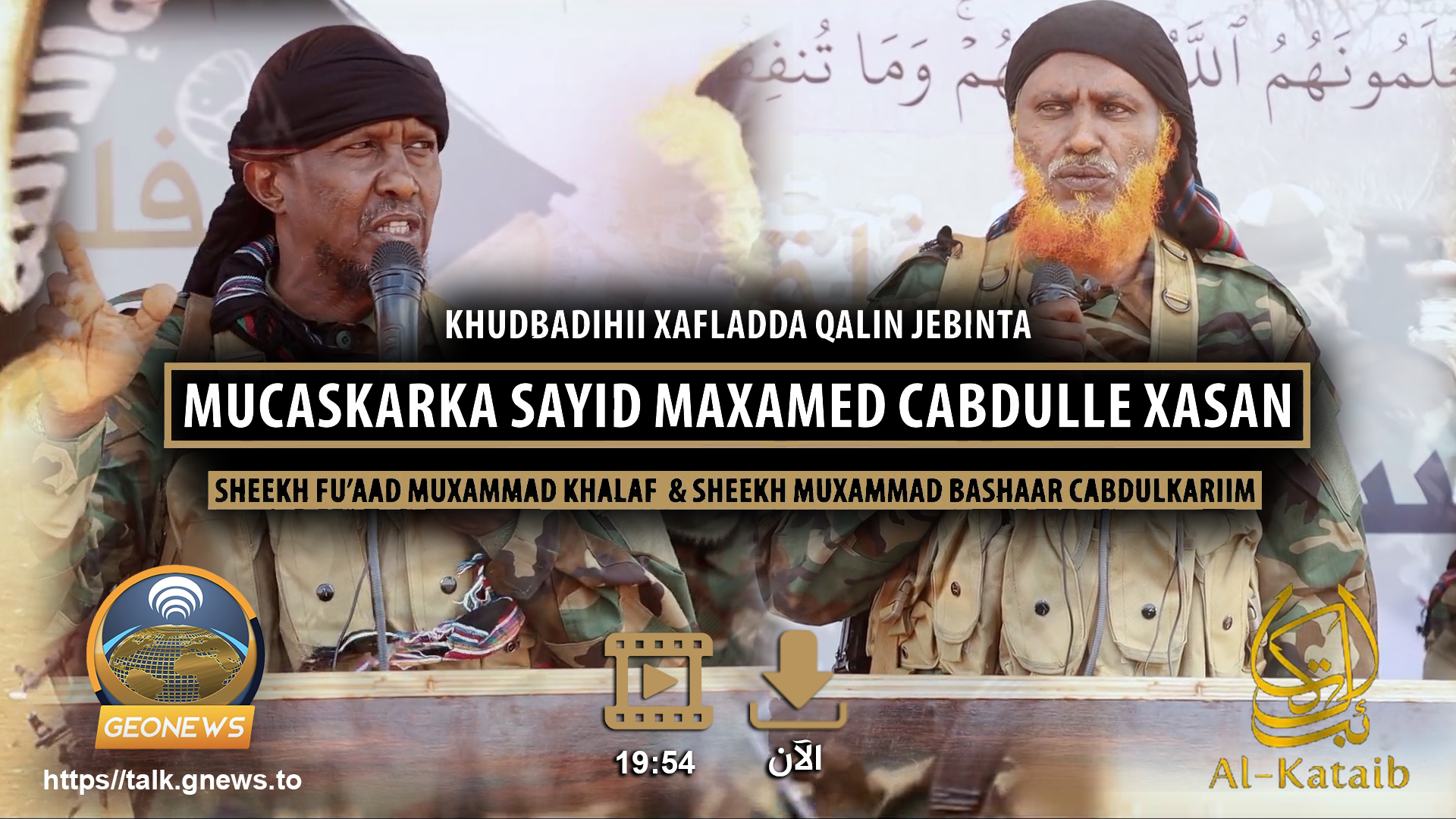
Click the following link for a safe PDF copy: Ḥarakat al-Shabāb al-Mujāhidīn — The Final Statement Issued By the Second Session of the Consultative Meeting on Jihād Issues in East Africa
___________________
To inquire about a translation for this statement for a fee email: [email protected]

